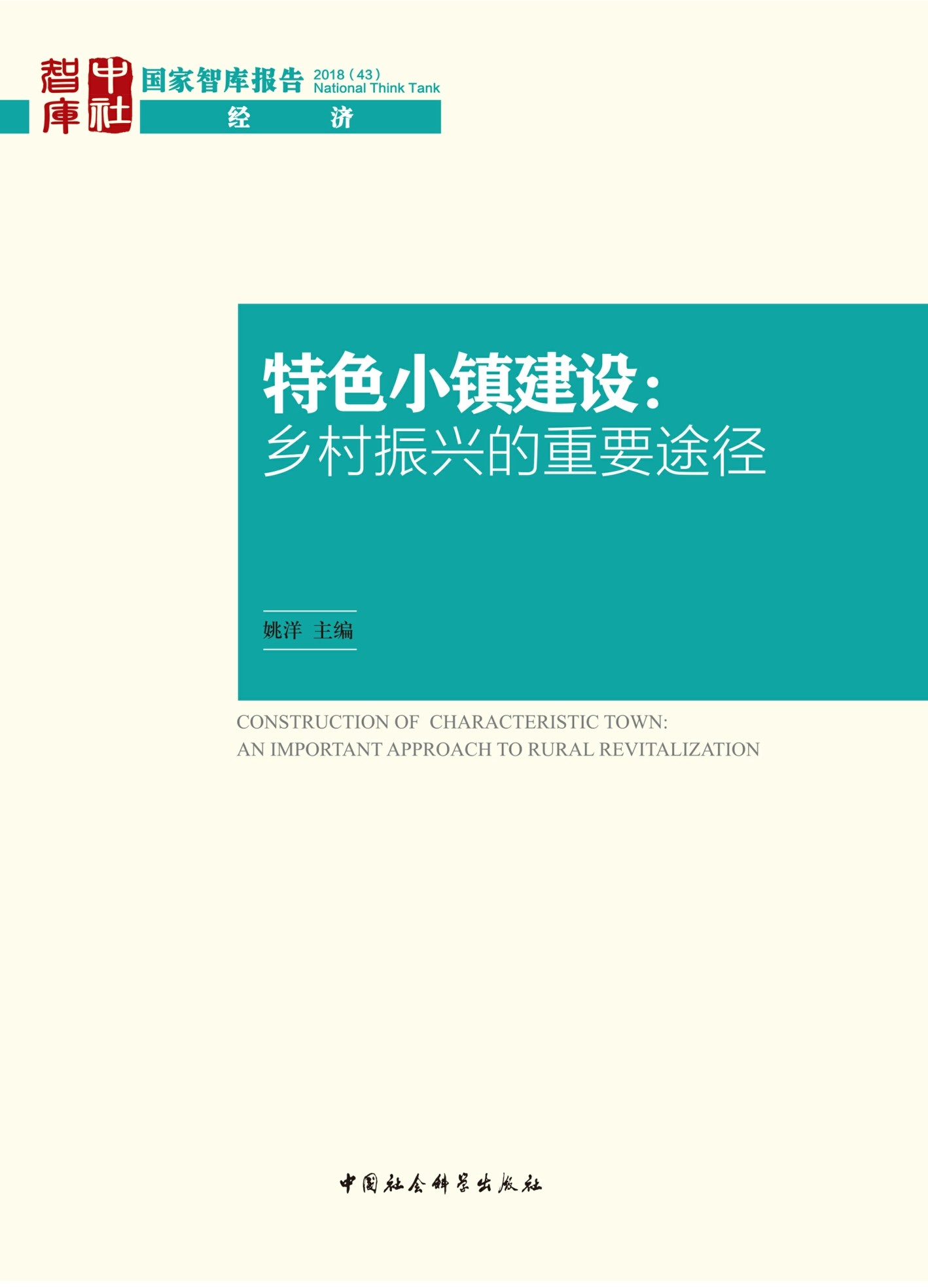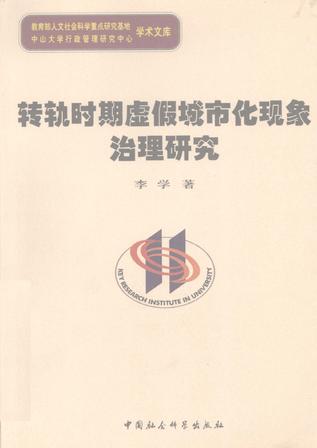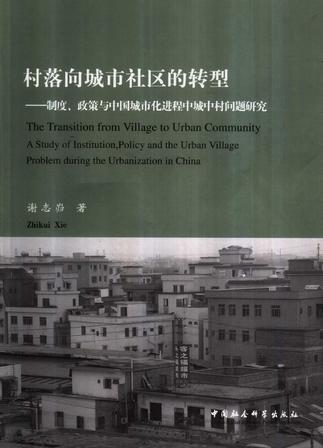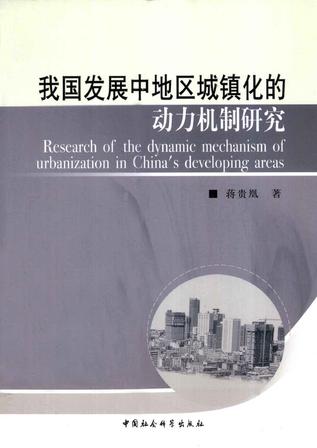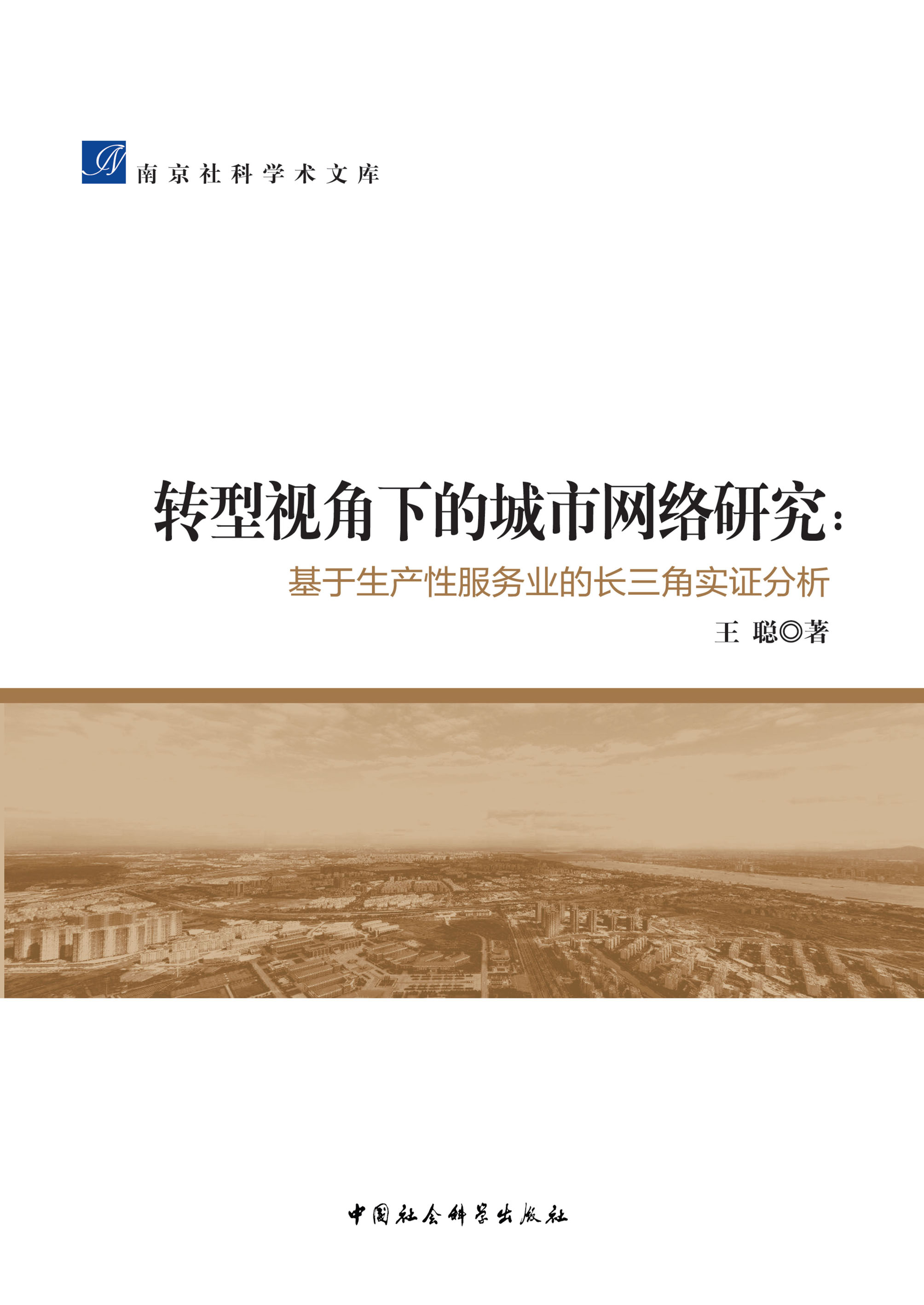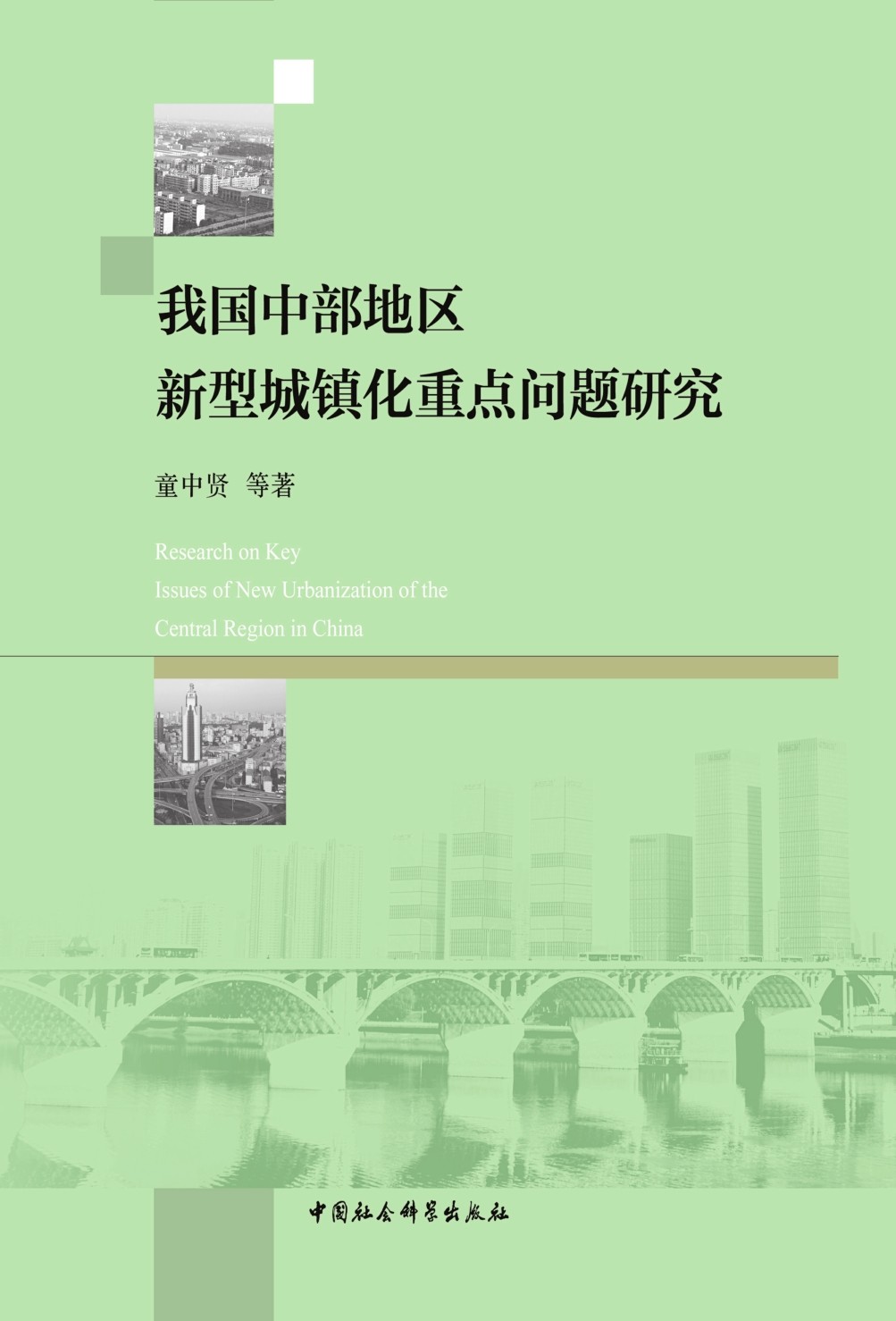内容简介
作者简介
目录
摘要:长期以来,我国广大农村所具有的生态、文化和产业价值没有得到充分挖掘,“三农”依然是社会经济发展中的薄弱环节。规范推进特色小镇建设,引导特色小镇健康发展是党中央、国务院加快推进乡村振兴战略做出的重要决策,有利于完善城乡统筹的村、镇空间体系,改善农村居民点的散、乱、空现象,节约土地资源和行政成本,充实和完善农村特色产业链条。特色小镇建设是一项系统工程,要在坚持政府主导的同时,避免价值扭曲和资源浪费,要突破要素流通的制度瓶颈,打通城乡要素流动的双向通道,实现城乡资源的优化配置,发挥特色小镇在城乡要素流动中的“纽带”作用,使之成为产业特色鲜明、服务便捷高效、文化浓郁深厚、环境美丽宜人、体制机制灵活的供给侧结构性改革重要平台。关键词:特色小镇;乡村振兴;京津冀协同发展Abstract: For quite some time,the potential of the ecological、cultural and industrial values of China's vast number of rural villages were not fully developed,“agriculture,farmer and rural area”is still a weak spot of the socioeconomic development.Advancing the construction and guiding the healthy growth of characteristic towns is an important decision made by the Party Central Committee and the State Council to increase the speed of developing rural revitalization strategies.It will benefit in improving the spatial system of urban and rural integrated village and towns,eliminating the scattered,chaotic,and empty phenomenon in rural settlement areas.Furthermore,characteristic towns will economize land resources and decrease administrative cost while improving characteristic rural industrial chain。Construction of characteristic towns is a systematic program.This means that the program should adhere to the leading of the government,while avoiding distortion of value and waste of resources; it will also have to break through the bottleneck of element mobility,in order to open up a two-way connection between urban and rural areas.Thus,achieving an optimized allocation of urban and rural resources and turning characteristic towns into a“link”be tween urban and rural element mobility.In this way,characteristic towns will turn into an important platform for the supply side structural reform that offers distinct industrial characteristics,convenient and efficient services,along with rich and profound culture,pleasant environment,and a flexible structural mechanism.Key Words: Construction of Characteristic Town,Rural Revitalization,Coordinated development of Beijing,Tianjin and Hebei Province
全部显示∨
姚洋,男。北京大学国家发展研究院院长、中国经济研究中心教授和主任,博雅特聘教授。2016年当选教育部长江学者特聘教授,获2008、2014年孙冶方经济科学奖、第一届和第二届浦山国际经济学奖(2008年、2010年)、第二届张培刚发展经济学奖(2008年);被评为2006年北京大学十佳教师。
全部显示∨
第一部分 特色小镇建设的理论与探索乡村振兴与特色小镇建设一 乡村振兴的紧迫性
二 乡村振兴的途径
三 特色小镇建设在乡村振兴战略中的地位
四 面向乡村振兴的特色小镇建设
供给侧结构性改革视角下的特色小镇发展一 特色小镇发展演进
二 供给侧结构性改革下的特色小镇发展
三 特色小镇建设要严控房地产化
特色小镇:超级赛道 超级驾驭一 超级弯道之一,产业定位之惑
二 超级弯道之二,IP定位之惑
三 超级弯道之三,IP营销之惑
四 超级弯道之四,运营之惑
五 超级弯道之五,资本之惑
第二部分 发展特色小镇的旅游业态小镇虚火:特色小镇与旅游发展一 关于特色产业小镇
二 特色小镇的旅游发展前景
生产和生活空间的再造:旅游推动下的特色小镇培育一 “城”“乡”之变
二 从单一的生产空间建设到多维的生产与生活空间塑造
三 特色小镇不仅是生产空间的过渡,更是生活空间的过渡
四 旅游推动下的特色小镇培育
第三部分 京津冀协同发展与特色小镇建设京津冀世界级城市群发展与特色小镇建设一 特色小镇在京津冀世界级城市群建设中的地位与作用
二 京津冀世界级城市群协同发展中的三级空间关系协调
三 京津冀协同发展中特色小镇建设思路
对河北特色小镇发展的几点看法一 河北特色小镇的发展特点
二 河北特色小镇发展的不足
三 对河北发展特色小镇的几点建议
京津冀家庭人口老化趋势与特色小镇建设一 京津冀地区家庭人口老龄化趋势:既是严峻挑战,又是企业家们发展养老相关产业的极好机遇
二 河北省家庭人口老化趋势对住房需求的影响
三 京津冀协同应对家庭人口老龄化严峻挑战的政策建议
附录
